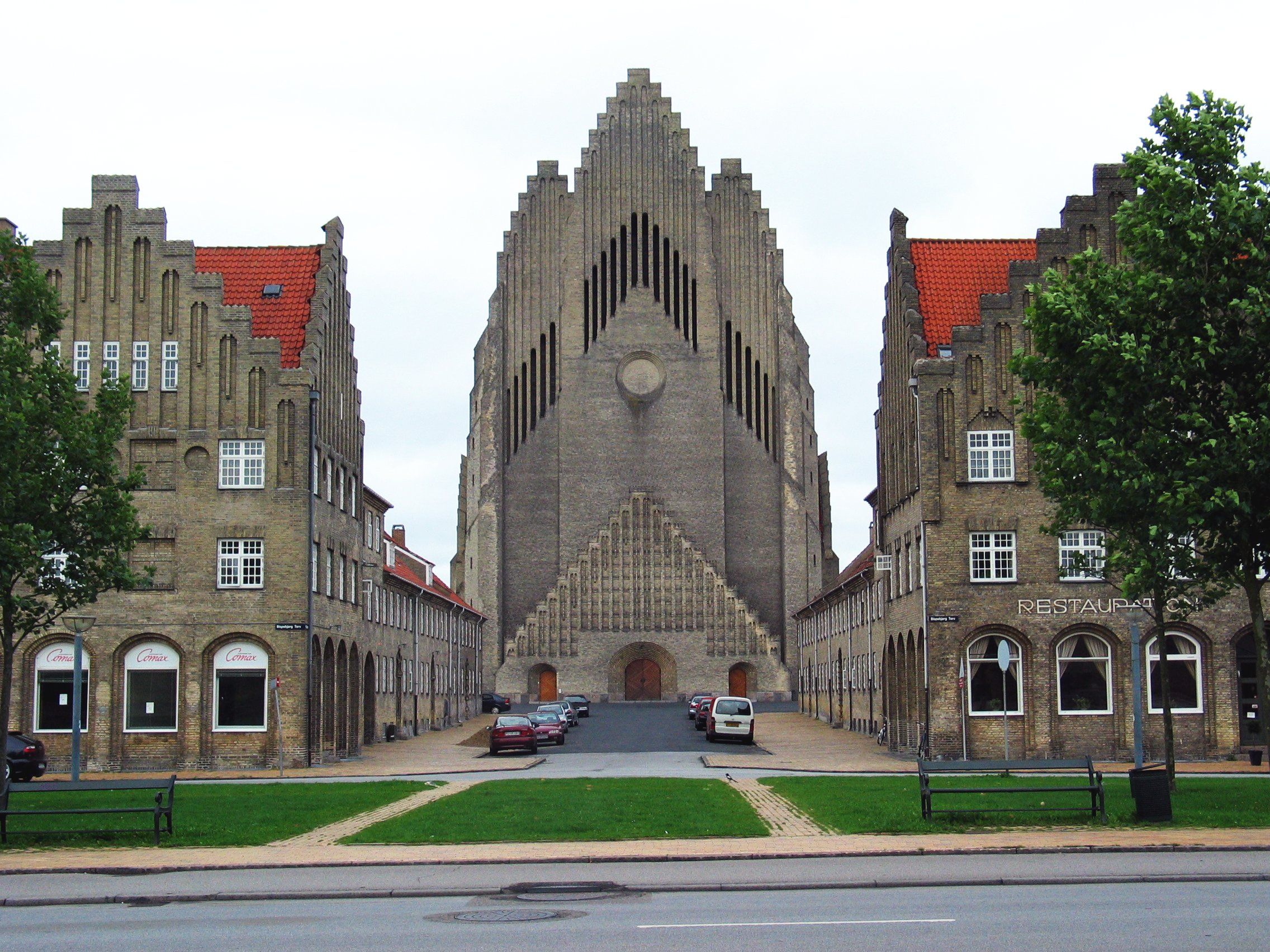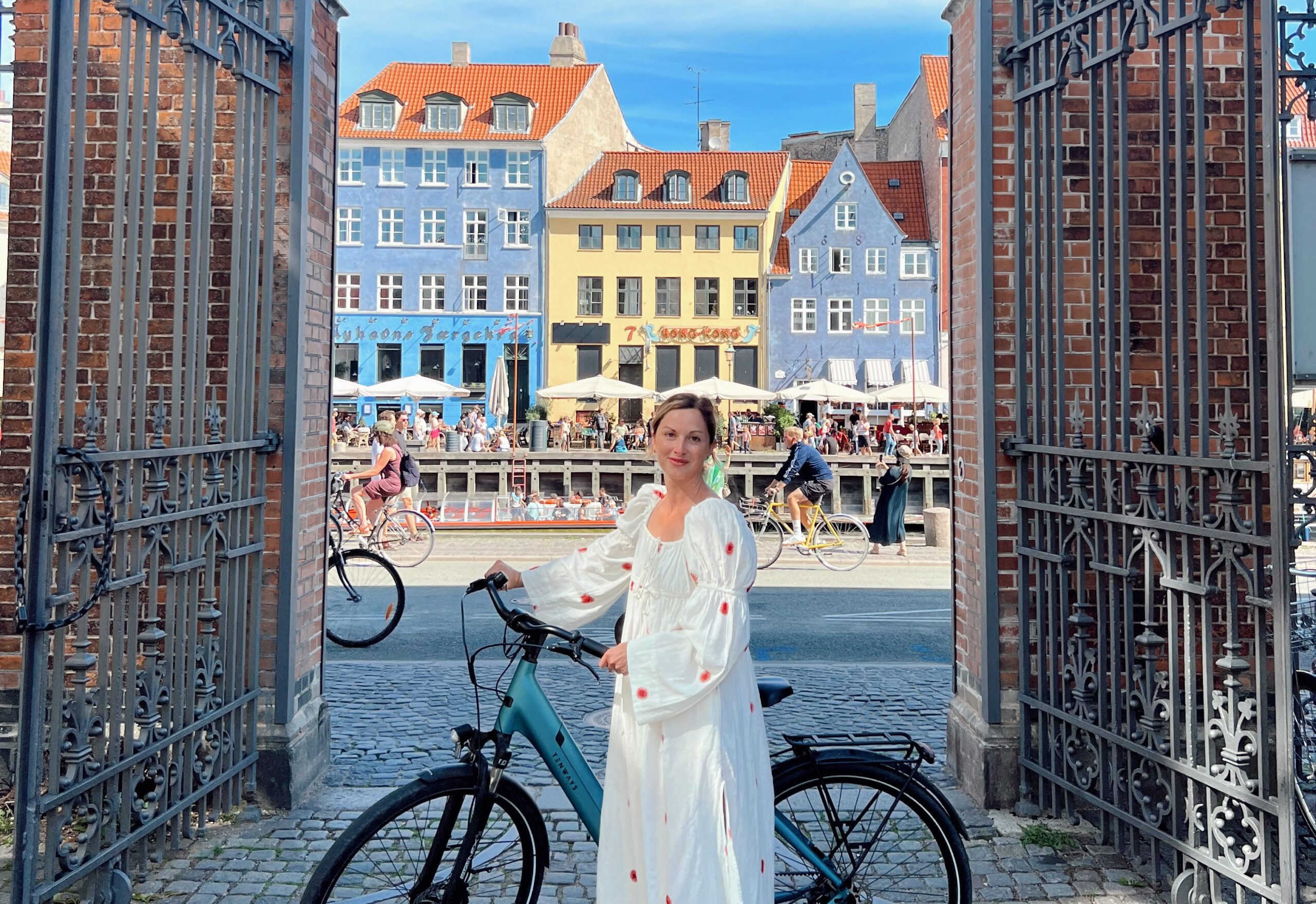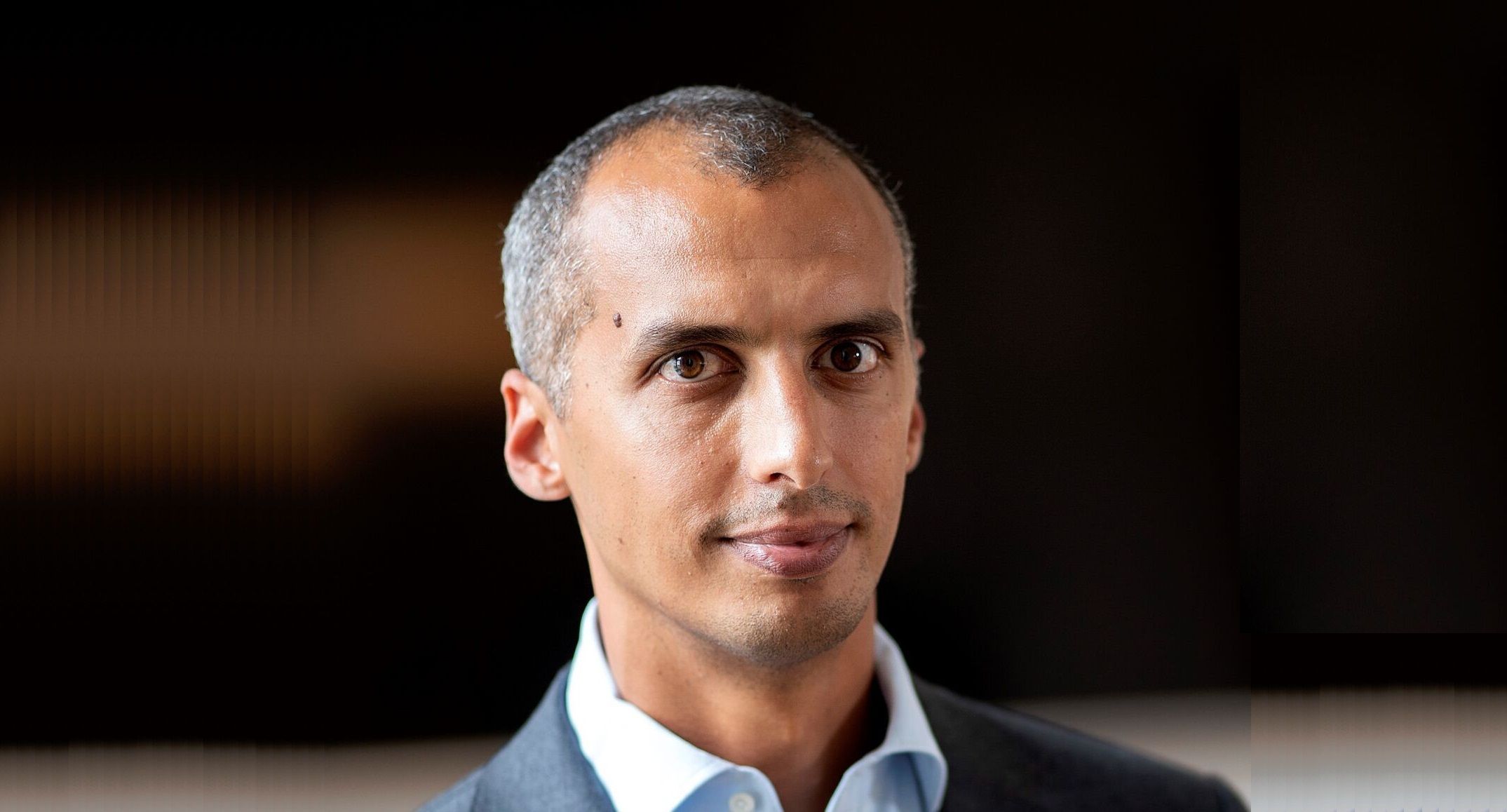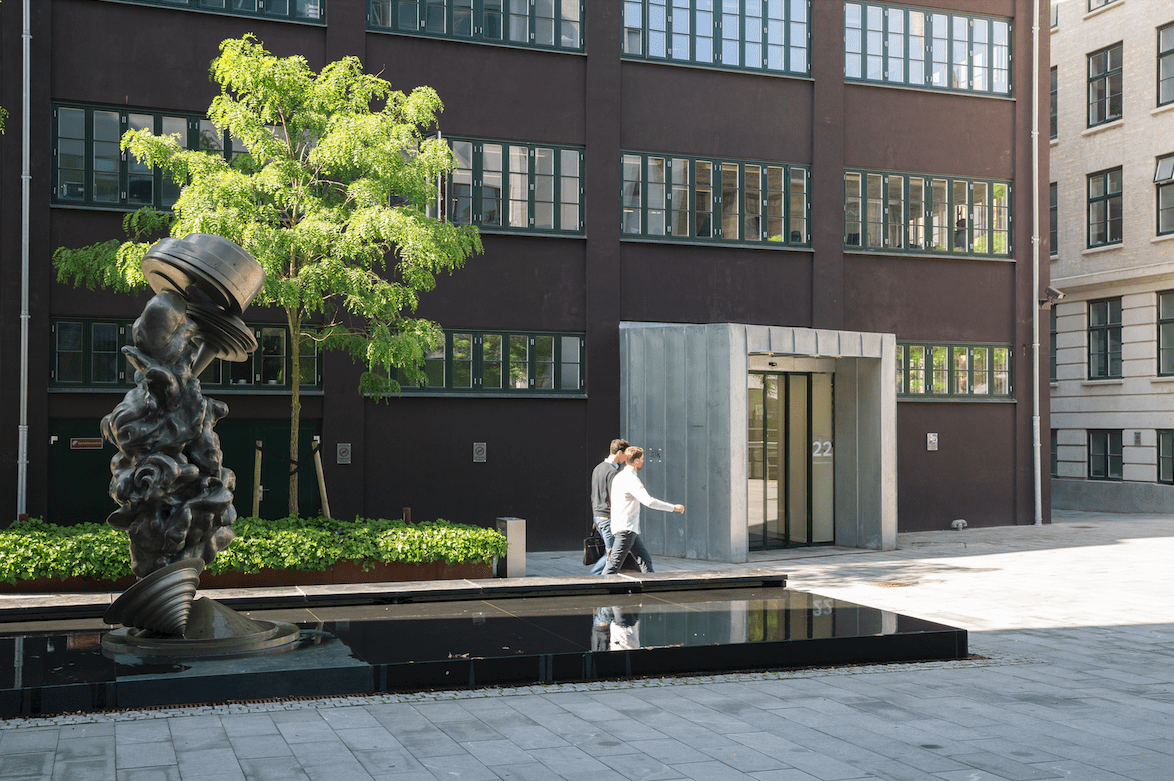The finance minister, Bjarne Corydon (Socialdemokraterne), presented a proposed 2014 budget today that will seek to spark growth through modest increases in public sector investment.
The plan calls for an additional three billion kroner to be spent to build regional hospitals, bridges, highways and railway lines. This year, the amount spent on similar budget items was 41 billion kroner.
The proposed budget would be 38 billion kroner in the red, or two billion kroner more than 2013. The deficit would amount to 0.4 percent of total government spending.
More funding for education, environment and social welfare
“We’ve chosen to call our budget plan ‘growth and balance’,” Corydon said in a statement prior to the announcement. “Growth, because we pick up all the initiatives that we have already created. And balance, because there is room to invest in some of the areas which are not about money, but values. It’s for people who are not doing well socially, for our environment and for welfare.”
Under the plan, education expenses would rise from 52 billion to 54 billion kroner, largely in order to compensate for a continued rise in the number of students next year.
Funding for efforts to prevent employers from hiring underpaid foreign workers – so-called social dumping – would increase by 300 million kroner over the next four years. Anti-gang initiatives would see funding rise by 200 million kroner. An additional 280 million kroner would be set aside over the next four years to help under-privileged young people.
The plan also calls for an extra 800 million kroner over the next four years to fund environment initiatives.
SEE ALSO: Government paves way for greener future
The 2014 budget was presented a day after it was announced that the government had once again downgraded growth estimates for this year, this time from 0.5 percent to 0.2 percent.
With the spending initiatives, the government expects the economy to grow by 1.6 percent next year and add 15,000 private-sector jobs. An additional 2,000 public-sector jobs are expected to be added.
Budget negotiations will get underway when parliament convenes in early October. An agreement is expected in late November.
Factfile | 2014 budget proposal
– Expected to create to 15,000 new private sector jobs in 2014
– Public-sector growth of 0.5 percent forecast to generate 2,000 new jobs at state, local and regional levels
– 44 billion kroner in public-sector investments – up from 41.25 billion in 2013. Major infrastructure projects will be introduced
– 1.5 billion kroner increase in healthcare funding
– 70 million kroner a year between 2014 and 2017 to help fund programmes for under-privileged young people
– 54.4 billion kroner to be spent on education and the SU student grant system (up from 52.1 billion kroner in 2013)
– 4.5 billion kroner set aside to fund the school reform passed this spring
– 1 billion kroner between 2014 and 2017 a forthcoming vocational education reform
– 800 million kroner – 200 million kroner a year between 2014 and 2017 – invested into environment initiatives
– a 277 million kroner cut to public research compared with 2013














